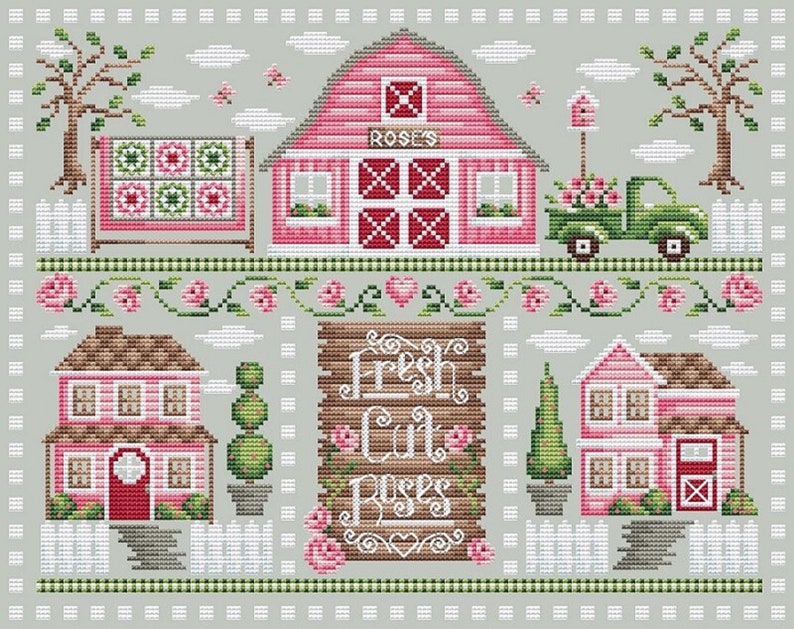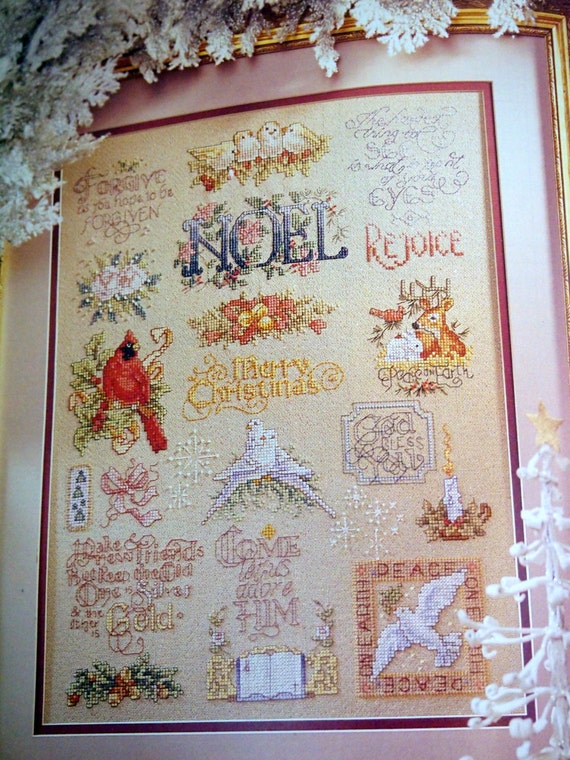

The disparity illustrated how the store carries something for every kind of woman - the experimental and bold, as well as the traditional and reserved. A stunning peacock-hued piece set amongst an exquisite virgin white piece caught my eye for its impeccable finishing and craftsmanship, as did a variety of chikankari and upbeat geometric designs. While the average price of Rs3,000 per yard is rather steep for fabric, the quality of the material, threads and embroidery make the purchase well worth it - a fact demonstrated by the fawning women clustered inside the modest confines of the store. This was difficult to verify, since the shop was overcrowded with women from his own extended clan. We wanted to work with a clean slate,” explained Shafi, who claims to have over 200 colours and designs on display. Why not take a more convenient route and employ design graduates? “Design students come with their own backgrounds and understanding of design. We picked up inexperienced people and trained them for six months, for them to be able to understand our vision and execute it.”


“It took us two years to create this collection. “This is fun, happening and fashionable,” said Shafi excitedly. As a creative person, Shafi found the usual industrial work was tedious, so he took this leap of faith. “We started out with commercial work then decided to bring our own brand into the market,” said Asad Shafi, the CEO of the Ayesha Group. This summer, the company launched their own lawn as well, marketed by the sultry Sushmita Sen. Their cousins, the Crescent Bahuman group, recognised the golden value of retail years ago, when Shoaib Shafi took a risk with StoneAge. Cross Stitch’s first flagship store was launched on May 2 in Lahore.Ī manufacturing concern with varied interests - textile just being one of them - the Ayesha Group chose the perfect time to expand their industrial experience towards retail. Joining the bandwagon this summer is a chic little store, Cross Stitch, a subsidiary of the Ayesha Group. While Bareeze was a pioneer in the craft of embroidered fabric, a steady stream of retail stores like Threads and Motifs, Motifs, Frills and Needle Impressions made their mark. Of course, the most crucial of all, there was no haggling with the kaam walas. The logic for the retail boost and ‘ready-made’ fabric was essentially the same: Hassle free, pre-designed clothing, with the added advantage that you could style it as you deemed fit and your Pakistani body didn’t have to subscribe to the pre-packaged sizes on the racks. Before ‘retail’ became a buzzword, there was one entity which women looked upon as a panacea for formal wear - embroidered fabric.


 0 kommentar(er)
0 kommentar(er)
